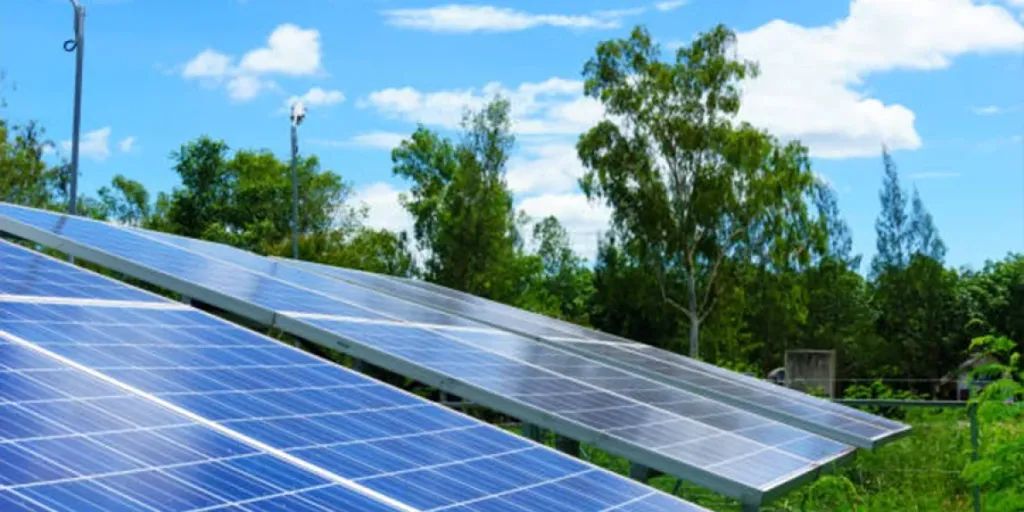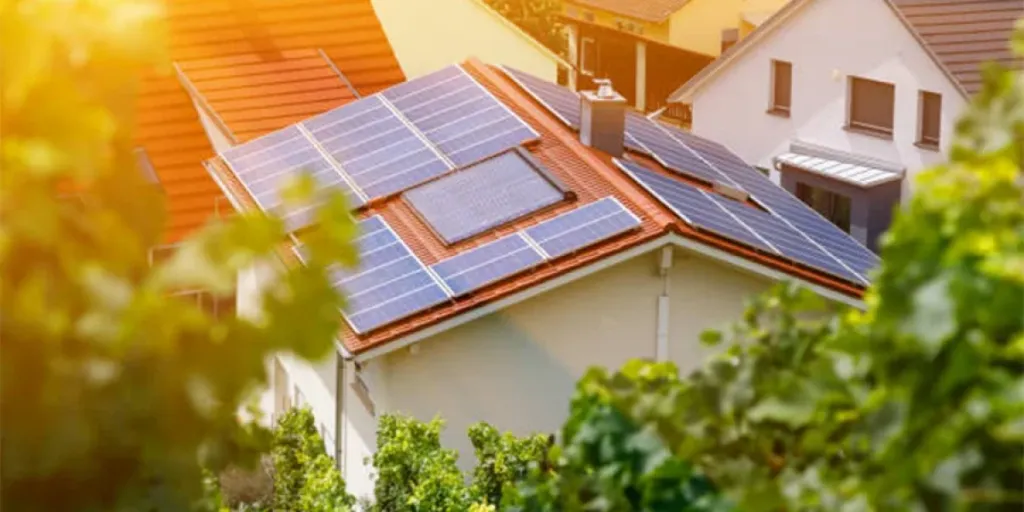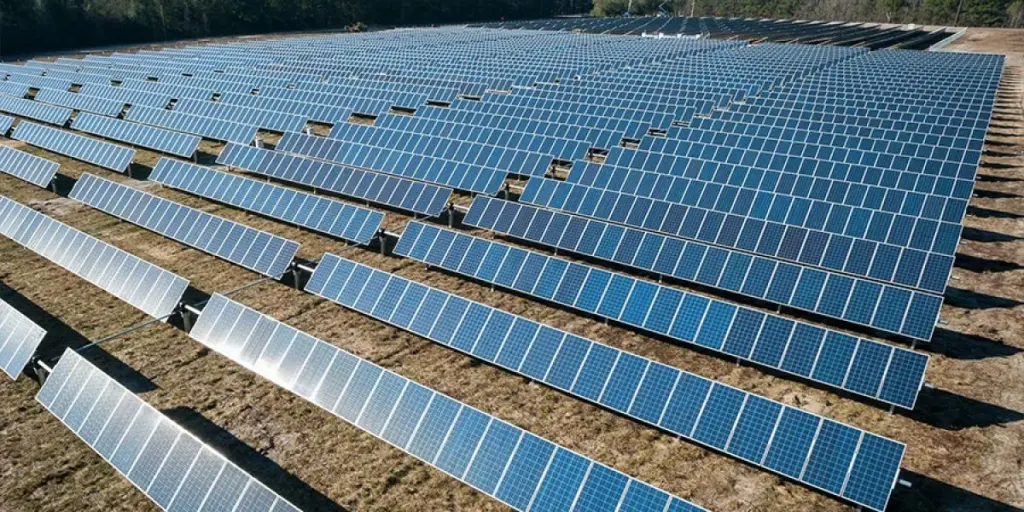- The European Commission has green-signaled the €350 million Portuguese scheme for its net-zero energy transition
- It will incentivize local production of solar panels, wind turbines, batteries, electrolyzers, heat-pumps, among others
- Portugal will shell out this money as direct grants to beneficiaries from the country’s RRF
The European Commission has approved a €350 million ($380 million) scheme to enable Portugal to incentivize domestic production of equipment for strategic industries that support a net-zero economy. This includes manufacturing of solar panels in the country.
Green-signaled under the commission’s State Aid Temporary Crisis and Transition Framework, the support measures will be fully financed through the Recovery and Resilience Facility (RRF). Portugal’s €22.2 billion ($24.1 billion) RRF plan comprises €16.3 billion ($17.7 billion) to be provided as grants and €5.9 billion ($6.4 billion) as loans.
Along with solar panels, the grant will be available to companies in the production of wind turbines, batteries, heat-pumps, electrolyzers as well as equipment for carbon capture usage and storage.
Portugal is set to have a high demand for solar as the country targets to achieve 20.4 GW solar PV installed capacity by 2030 under its revised NECP (see Portugal Tweaks Renewable Energy Targets).
The measures will also support key components designed and primarily used as direct input for the production of such equipment or related critical raw materials necessary for their production.
“This €350 million Portuguese scheme is funded through the Recovery and Resilience Facility. It will provide key support to the production of strategic equipment needed for the transition towards a net-zero economy,” said Executive Vice-President in charge of Competition Policy at the commission, Margrethe Vestager. “The scheme will support these investments without unduly disturbing competition.”
To be provided in the form of direct grants, aid will be available till December 31, 2025. Post that, the usual state aid rules will continue to apply, explains the commission.
Under the framework, member states will cap support at a certain percentage of the investment costs up to specific nominal amounts, depending on the location and the size of the beneficiary. Higher support will be possible for small and medium-sized enterprises (SME) and those located in disadvantaged regions.
Member states are also at liberty to provide higher support to individual companies if they see a real risk of investments being diverted away from Europe, in view of the Russian war against Ukraine.
The commission said the Portuguese scheme is in line with the Green Deal Industrial Plan.
It follows the commission recently approving €2.9 billion French tax credit scheme to support production of equipment necessary for the net-zero energy transition of the country (see EU Nod For French Solar Panel Manufacturing Plans).
These announcements empower member states to move ahead with incentives for clean technology manufacturing, even as the solar industry awaits the EU to chalk out a plan and bring it online at the bloc level through the Net-Zero Industry Act (NZIA) (see EU Council & Parliament Agree Over Net-Zero Industry Act).
Source from Taiyang News
Disclaimer: The information set forth above is provided by Taiyang News independently of Chovm.com. Chovm.com makes no representation and warranties as to the quality and reliability of the seller and products.




